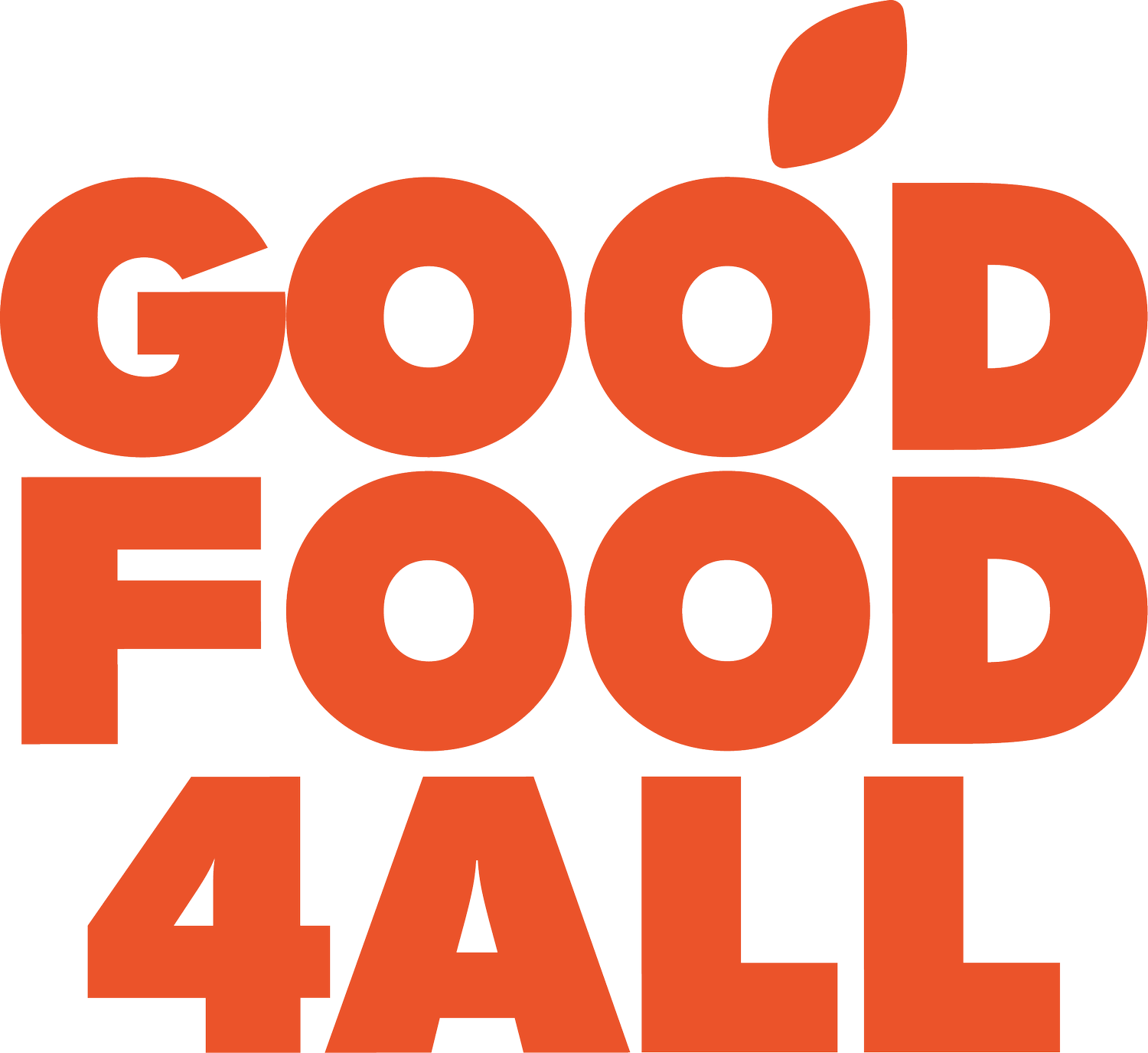European Citizens’ Initiative
12 June 2025
Food is a Human Right for All!
Guaranteeing healthy, just and sustainable food systems
At least one fifth of the European population has no access to adequate food. Industrial food systems aggravate food insecurity, climate change, pollution, biodiversity loss, labour exploitation and animal suffering. The EU must guarantee the right to food systemically and promote healthy, just, humane and sustainable food systems for present and future generations. Achieving these goals requires proposing or amending EU legal acts in these areas:
• Fair food systems and democratic governance
• Support to national social protection initiatives
• Recognizing that agricultural products and foodstuff are not ordinary commodities
• Support to peasant agroecology and territorial food systems
• Combating agricultural land’s concentration
• Support to peasant seed systems
• Strict regulation of GMOs, including those obtained with new genomic techniques
• Sustainable water management
• Strengthening of animal welfare
• Support to fruit and vegetable consumption and regulation of ultra-processed foodstuff
• Sustainable food procurement
• Meaningful food labelling
• Stopping food waste
• Strengthening of the right to food in third countries
We call on the EU to make the right to food a reality and integrate it into EU legal framework that impact the right to food in the EU and abroad.
Annex
We call on the European Commission (EC) to make the right to food a reality. The right to food is recognized in international treaties ratified by all EU countries. It is guaranteed when everyone has dignified access to adequate food on a sustainable basis. It is realised systematically through ensuring access to productive resources, a decent wage or income, and social policies.
We urge the EC to:
1. Promote a regulation on sustainable and fair food systems built on the right to food.
2. Create an EU Food Council to coordinate action, prioritizing the voices of the least represented, and considering inequality in access to resources and market power.
3. Propose a directive aimed at supporting national social protection initiatives, in particular regarding social security for food, cooperation between Member States, and the adoption of common indicators of food insecurity and right to food implementation.
4. Recognize that agricultural products and foodstuff are not ordinary commodities by proposing regulations aimed at (i) protecting decent income for peasants and other small-scale food producers and decent wages for workers in the food chains, (ii) enabling access to healthy, sustainable and affordable food for all, including through VAT reductions, (iii) reducing market power of big companies at all stages of the food chains, and (iv) promoting local and regional food markets. Propose a modification of MiFiD II to ban any form of speculation in agricultural commodities and foodstuff.
5. In the future Common Agricultural Policy, considerably increase support to small-scale producers, territorial food systems, decent work, organic farming and peasant agroecology. Relaunch a regulation to further reduce the use of synthetic pesticides, chemical fertilizers, and antimicrobials for farm animals and aquaculture.
6. Propose a directive to reduce the concentration of agricultural land, both in the EU and abroad, and to facilitate generational renewal and gender equality in access to land.
7. Propose a regulation to support the autonomy of peasant seed systems, agrobiodiversity and seeds that are suitable for organic production or production with low synthetic chemical inputs.
8. Withdraw the proposal to deregulate new genomic techniques (NGTs) or, in the alternate, ensure on the basis of a regulation a comparable level of protection when introducing GMOs obtained with NGTs as under legislation currently in force, particularly including a requirement of authorisation for all kinds of NGTs, traceability and labelling, and a patent ban on classical breeding and on GMOs obtained with NGTs in the absence of publication of the processes enabling them to be distinguished from any other organism. Support independent scientific knowledge to implement the principles of traceability, risk analysis and precaution, including for old and new NGTs.
9. Propose a directive for sustainable water management in agricultural production and sustainable fisheries.
10. Propose a regulation that strengthens animal welfare standards, including the demands of the End the Cage Age ECI, and introduces concrete measures to reduce the production and consumption of industrial animal products, while providing adequate support for farmers in the transition.
11. Propose a directive aimed at promoting healthy and sustainable diets, supporting greater consumption of fruits and vegetables and regulating the consumption of and marketing for ultra-processed food and beverages to reduce related non-communicable diseases and obesity.
12. Propose a regulation on sustainable food procurement, requiring that Member States guarantee that all children in public schools have access to healthy, nutritious, sustainable and affordable school meals, including via free meals, and giving authorities greater autonomy to develop local food systems.
13. Propose a regulation to reform and harmonize food labelling in order to increase consumer information on nutritional quality, geographical origin, production methods, social standards and potentially harmful substances. Furthermore, the regulation should regulate the advertising of products whose consumption is to be restricted, in particular for children.
14. Recognize the structural nature of food loss and waste, and adopt to this effect a directive containing appropriate regulatory and policy measures and mandatory targets for reduction in the whole food chains.
15. Amend the Commission’s relevant Omnibus proposals or, in the alternate, the CSDD directive to protect the right to food and to maintain the due diligence obligations along the whole food chains.
16. In view of the EU’s international activities and policy coherence for development, we invite the Commission to submit proposals aimed at the adoption of legals acts in the following areas:
(i) Authorisations to open the necessary negotiations to subordinate all existing and future trade agreements to the need to protect the right to food;
(ii) A regulation prohibiting the export or import of agricultural products at prices that have a negative impact on peasant agriculture; and
(iii) A regulation prohibiting the export in third countries of synthetic pesticides and chemical fertilizers banned in Europe.

